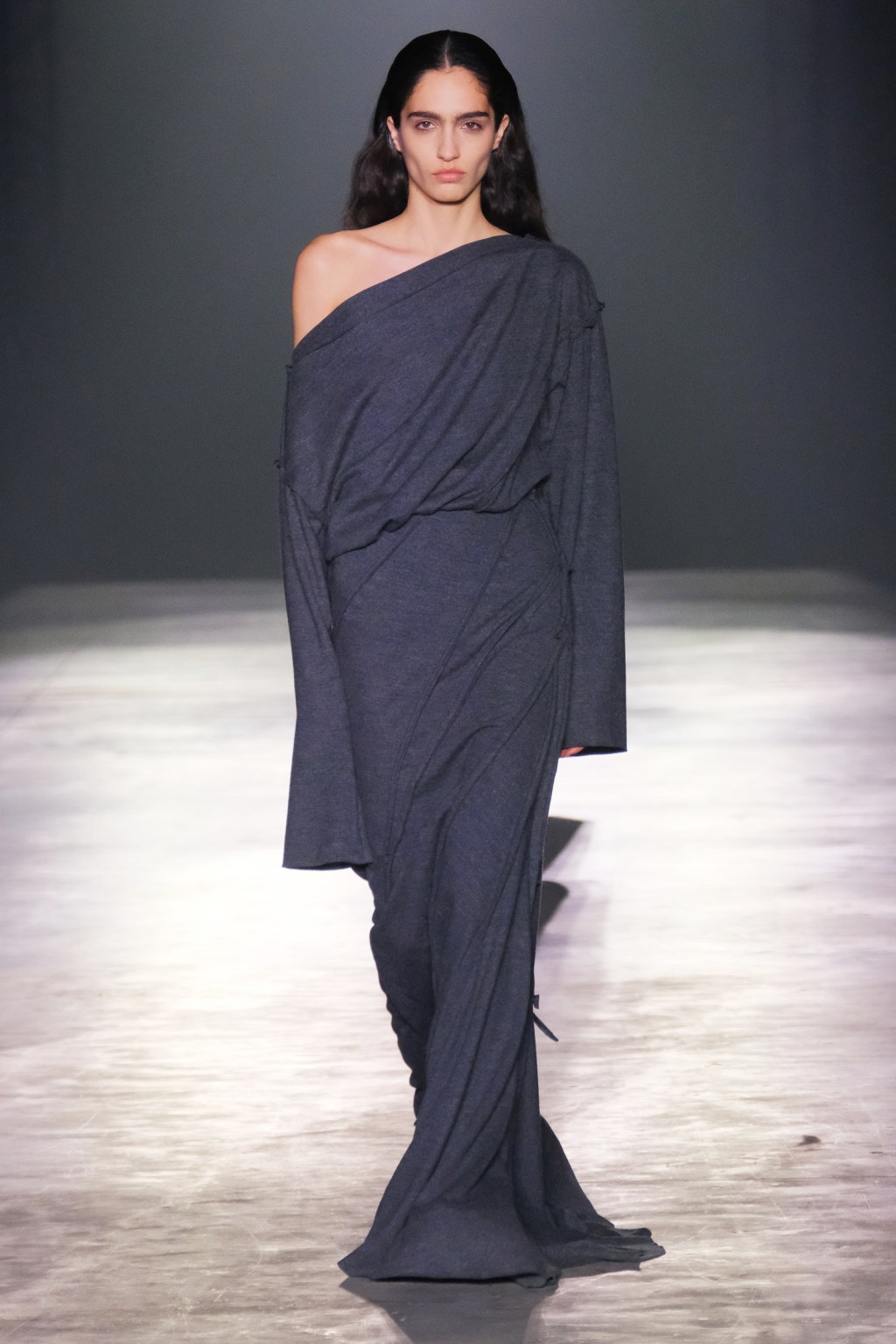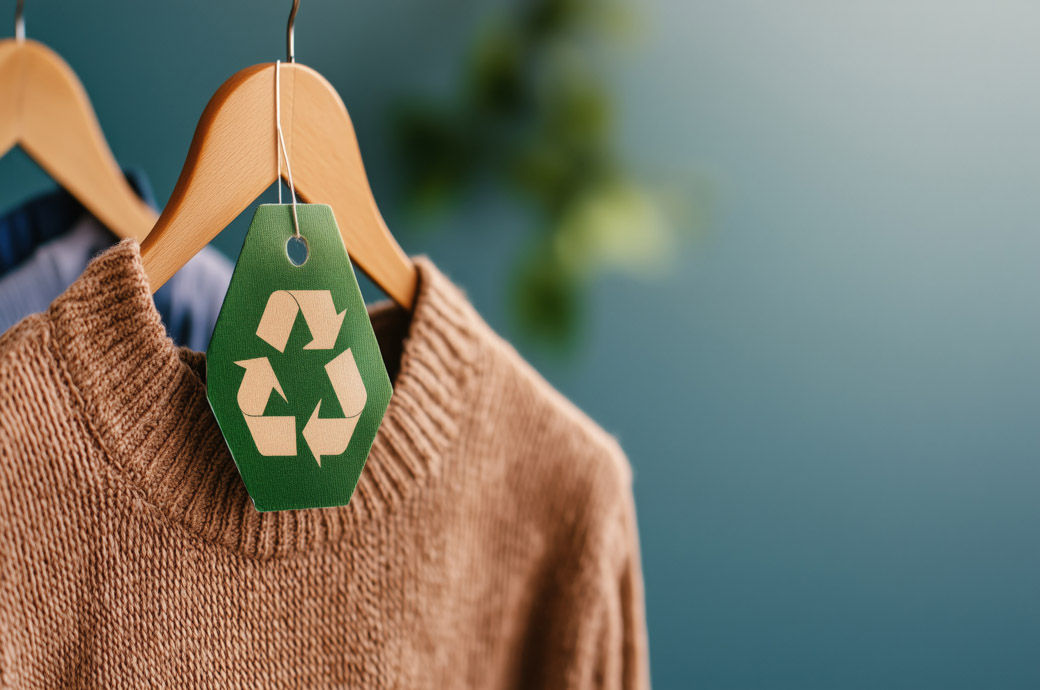Translated by
Nicola Mira
Published
October 28, 2025
The 36th edition of 080 Barcelona Fashion was held from October 14 to 17 in the Catalan capital. The organizers, who held Barcelona Fashion Week for the last time at their usual venue, had a budget of 2.15 million euros, including a subsidy from Barcelona City Council. Where is 080 Barcelona Fashion heading from now on and what are its future challenges? Marta Coca, top executive of the event, spoke about all this with FashionNetwork.com.
FashionNetwork.com: This was the last edition of the 080 Barcelona Fashion that was held in the modernist venue of Sant Pau. How is the search for a new location going?
Marta Coca: We are looking at a couple of options. They both need some interventions and we are evaluating them to see if we can have everything ready for next April. We want a completely different style from the last editions, where modernism was the protagonist. We are looking for a place that, although different, is still identifiable as Barcelona.
FNW: What are the key site requirements?
MC: Capacity is one of them. Additionally, we would very much like to be able to use both indoor and outdoor spaces, so that people can enjoy an outdoor area to take a breather between shows. We are interested in a place with sufficient capacity for our audience, but also with outdoor space that they can enjoy and where they can establish contacts between shows.
FNW: A few months ago you announced, among other things, that Barcelona City Council would join forces with 080 Barcelona Fashion. What form has this support taken?
MC: In this edition it came as a small financial contribution. We do not want to say that the Municipality is an investor, we prefer to talk about a partner that will help us grow. This collaboration, on the one hand, takes the form of a financial contribution to boost content and communication in the venue where we present 080. On the other hand, it aims to organize other initiatives around the city during fashion week. In other words, make Barcelona shine with fashion.
FNW: How do you plan to achieve this?
MC: We must devise the best possible format so that the event lasts a maximum of five or six days, which will allow us to continue attracting buyers, media and stakeholders. The idea is that the collaboration is not only financial, but is characterized by a scalable project and an omnipresent presence of fashion in Barcelona, involving different areas of the city: there will be initiatives adapted to the actors in the sector, others for stakeholders and for the general public, such as the Open Area that we presented this year.
We firmly believe that fashion is culture and that, if we want our brands to sell at the prices they need, we have to work on consumer education, acting as a public platform and echo chamber. Convey the idea that fashion has a price, that it is not about consuming a lot, but about consuming well and choosing with quality. And we must ensure that the people of Barcelona are in love with fashion as much as they are with art.
FNW: This was the 36th edition of 080 Barcelona Fashion. How do you see its evolution in the medium term?
MC: We see ourselves as a promoter of alliances, both locally and internationally; We see ourselves still doing what we are doing now, while paying attention to trends and how the markets evolve. Barcelona has a fashion dimension, in aesthetic terms, but we also have brands that are linked to a social, ethical and political dimension. 080 closely follows what is happening around us.
We will continue to be obsessed with integrating artisanal techniques into our collections, because that will make us stand out, creating our own DNA of Catalan fashion. Of course, sustainability is also crucial. No matter how long it takes for the EU [sustainability] policies, including recycling and extended producer responsibility, that will be implemented on the ground, we want to prepare society and brands so that they are ready to incorporate them when the time comes.
FNW: What about internationalization?
MC: For us it is essential. The local market is very important, but our brands, especially emerging ones, need us to help them find their niche in the global arena.
FNW: In this sense, what formulas do you plan to explore?
MC: In addition to reverse missions, that is, bringing interested parties to Barcelona during fashion week, we plan to organize trade missions abroad. Next year, for example, in collaboration with the Catalan fashion center Modacc, we will travel to India, a rapidly growing market worth exploring. Certain markets have medium and long-term potential: in such cases, we are aware that the return on investment is not immediate, but we believe that, as a public platform, it is where we should be.
Beyond this, and as a way to increase the visibility of the 080 brand, pop-up stores are very effective internationally, almost better than showrooms and trade fairs. With a pop-up format, you can reach both industry buyers and consumers. An emerging approach, which groups several brands under the umbrella of fashion from Barcelona or Spain, is working very well. Of course, you have to choose the right cities and not all brands fit all markets, so you have to segment very carefully.
FNW: A plan like this goes beyond the event itself. You are prepared to develop these initiatives throughout the year, right?
MC: Indeed. Although we call ourselves fashion week, we consider ourselves a platform. We know that there are two key moments in the year, April and October, but we work closely with brands and maintain a constant conversation with them throughout the year. For now we are working mainly in the local market, but the idea is to produce 080 content with global reach. We need to deseasonalize our platform because each brand has its own calendar and business models differ considerably. We have ready-to-wear and haute couture brands, others that work on a pre-order basis, etc. We must be willing to let all types of business models and companies of all sizes have space on our platform, as long as we see potential in them.
FNW: In recent years, 080 Barcelona Fashion has been attracting designers and brands that previously showed in Madrid, such as Moisés Nieto, Carlota Barrera, Acromatyx or Ernesto Naranjo. Why do you think this is happening?
MC: There are brands that come from Madrid, others from Valencia and other cities. I think this happens because they see that 080 is doing well and that growth doesn't happen overnight. We have had several editions with a very clear strategy and little by little we are putting resources and effort into it, consolidating ourselves.
We are also building a community. Everyone talks about communities these days, but it's actually something 080 has been focused on for a long time. Furthermore, we are talking about brands whose global audience is quite concentrated and we have the capacity to serve it. In any case, some platforms are complementary: there are brands in Catalonia that may be more interested in what Madrid offers, such as access to [Spanish] or Latin American markets. I hope they do not see us as competition, the point is that there are two large cities in Spain, Madrid and Barcelona, with two unique platforms that, with their offer, are capable of serving the entire market.
FNW: 080 has been a pioneer in giving visibility to emerging talent. Is this a well established approach?
MC: We continue down this path. In fact, one member of my team specializes in scouting new brands, so our calendar can feature a hybrid mix of styles and a multi-generational perspective. Our idea is that new voices represent around 20% of the brands presented in each edition. We are also introducing new business models. Not all brands want to exhibit twice a year or work seasonally. Many brands, especially emerging ones, produce one collection per year and integrate it with regular launches. We think this is fantastic.
Copyright © 2025 FashionNetwork.com All rights reserved.












